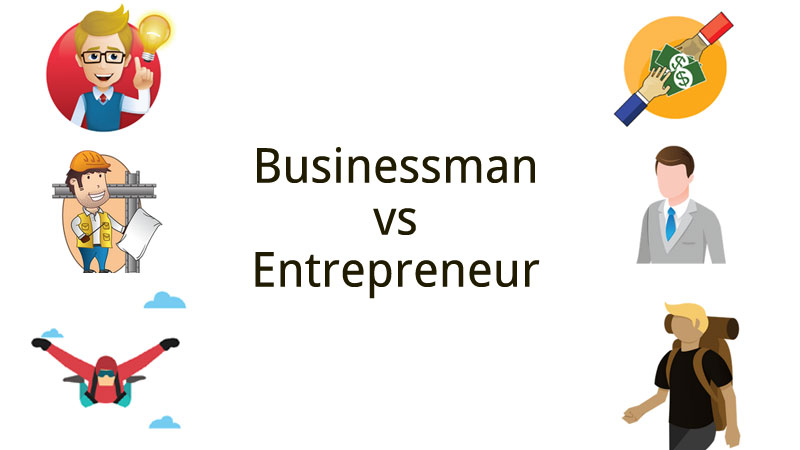 An entrepreneur would like to evaluate the opportunities for his products, both goods and services, in the market. He needs to take into account various factors based on which he evaluates opportunities and how such factors are likely to influence those evaluations. He should critically asses his business ideas for their effectiveness. According to experts, opportunity evaluation is meant to assess future opportunities and identify wealth creating resources that can be controlled and utilized by the entrepreneur.
An entrepreneur would like to evaluate the opportunities for his products, both goods and services, in the market. He needs to take into account various factors based on which he evaluates opportunities and how such factors are likely to influence those evaluations. He should critically asses his business ideas for their effectiveness. According to experts, opportunity evaluation is meant to assess future opportunities and identify wealth creating resources that can be controlled and utilized by the entrepreneur.
The entrepreneur may possess what appears to be an excellent idea, but whether it can be turned into a profitable opportunity has to be explored. The difference between an idea and an opportunity is whether the entrepreneur can turn it into a product/service and take it to market, whether it will attract customers’ attention and bring profits to the entrepreneur. Before pursuing an idea into a commercial opportunity, the entrepreneur must analyze it critically by bringing up all possible questions. He should try to expand his idea, brainstorm and develop it considerably. He should not just follow established rules but question and examine his assumptions and test them. He should innovate and come up with unconventional ideas.
To evaluate opportunities, the entrepreneur has to assess a number of factors. He should ascertain if his product/service is likely to provide a solution to a problem, who the customer is, whether the product/service can bring financial rewards, if there are any barriers to its entry into the market, competition and quality of competition, the cost involved in launching the product/service in the market, marketing strategy, time needed to break even, expected market share and investment opportunities, among other things. The major factors that need to be considered before evaluating an opportunity are the time the entrepreneur is willing to spend on a project, the preliminary investment, the working capital, the daily activities, its cash flow and profitability.
Opportunity evaluation carried out by management experts demonstrated that such activity is future focused, indicating that the entrepreneur evaluates each opportunity as a resource and weighs the wealth that resource can create if it were utilized. Experts reckon that opportunity evaluation reflects assessment on a first-person basis. The entrepreneur’s evaluations of a potential opportunity are not based on the calculation whether the opportunity appears profitable to ‘someone’ or ‘anyone’, but whether such an opportunity is profitable to ‘me’.
Entrepreneurs find opportunities more enticing if such opportunities match their existing skills, knowledge and capabilities. However, they may get equally strongly attracted to opportunities even if they are inconsistent with their abilities if they perceive them to be rare and profitable with least competition. When they face such conditions, entrepreneurs develop the willingness to learn something new and move beyond their existing sphere of activity.
In the final analysis, the entrepreneur must evaluate an opportunity based on the risks and rewards involved in it. He should also assess if the market is ready for the product/service. He should also ensure that his team is the right one for the assignment and the members are knowledgeable in matters related to the business. Ultimately, he has to make sure that business concept matches the objectives of the team to ensure the success of the business opportunity.




Hi,
What is your opinion about “patenting an idea” while starting an entrepreneurship activity?